May 28, 2025 | 00:42 GMT +7
May 28, 2025 | 00:42 GMT +7
Hotline: 0913.378.918
May 28, 2025 | 00:42 GMT +7
Hotline: 0913.378.918
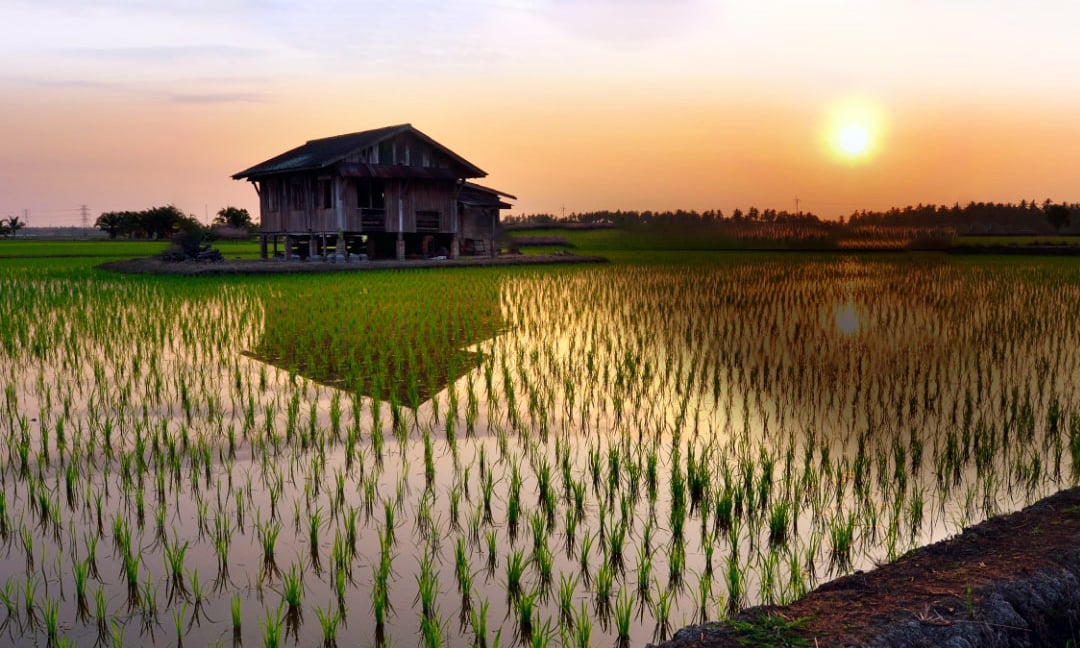
Many food-agriculture cooperation programs are now funding only but are not investing in sustainable development. Photo: CGIAR.
Ending global hunger is an “affordable goal” despite the ongoing food crisis but requires a rethink of development aid and finance, according to the report “Ending hunger: the role of agri-food financing”.
It is estimated that the world will have 150 million more people were suffering from hunger, according to CGIAR. This number is forecast to increase by epidemics, the Russia-Ukraine conflict, and climate change.
Analysis carried out by Economist Impact with global agrifoods-focused research partnership CGIAR showed that increases in development funding alone have been insufficient to bring down food insecurity, with almost 670 million people projected to face hunger by 2030.
This gloomy outlook should not dissuade the international community from action “Ending hunger isn’t unattainable; it is actually quite an affordable goal,” emphasises Carin Smaller, Executive director of the Shamba Centre for Food and Climate. Realising this goal will require a substantial uplift in funding, in order to strengthen the productivity, sustainability and resilience of agri-food systems worldwide
In fact, in 2020, Ceres2030 (a partnership between academia, civil society and other global partners) estimated that an additional US$ 33billion would need to be spent annually to end hunger sustainably by 2030.
Sourcing such funds will require a shift in mindset from a myopic focus on short-term crisis response to emphasising interventions that strengthen food security in the long term. Such interventions include extension services, agricultural R&D, digital information services and small-scale irrigation expansion.
It concludes with three broad strategies to increase the volume and impact of financing for agri-food systems, with the goal of accelerating progress towards zero hunger: (1) Scaling up targeted development funding in the short term; (2) Realising the potential of the private sector; for example, through promotion of public-private partnerships, blended finance and digitisation, and (3) Maximising the impact of existing investment; for example, through prioritisation of investment in high-impact, low-cost interventions such as extension services, as well as allocation of development funding to geographies most in need of external assistance.
Among these, agricultural extension services are particularly noted for their high impact, low cost, and ability to penetrate remote areas.
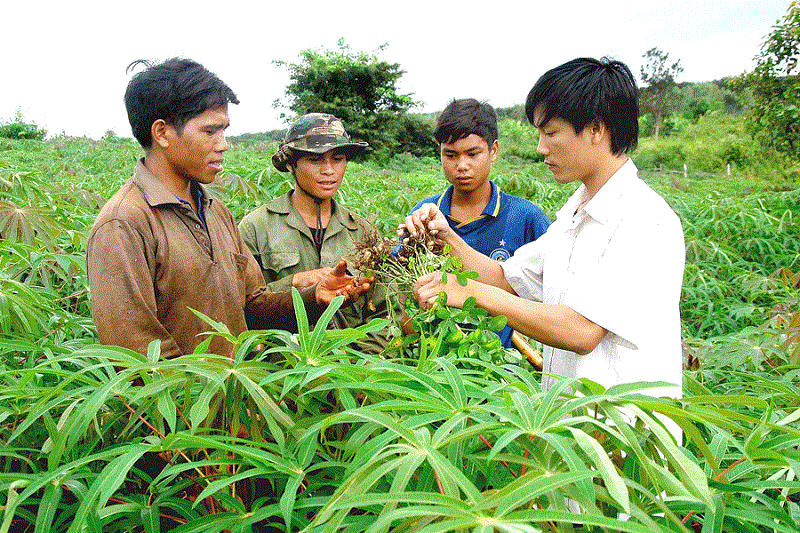
Over the past year, Vietnam has strongly developed community extension groups.
The report found that too little investment had been directed towards long-term improvements in food production, with less than 7.5 per cent of overseas aid spent on research and innovation to tackle the root causes of hunger and malnutrition in 2021. Almost half of overseas development assistance (ODA) for food and agriculture was spent on food aid.
“While humanitarian food aid is a natural response to a crisis, funding research and innovation allows us to break free of the crisis response cycle and build long-term resilience,” said Claudia Sadoff, Executive Managing Director of CGIAR, which supports science, research and innovation for greater food security across the Global South.
“Investment in innovation takes time to bear fruit, but it pays off forever. With urgent action and growing investment, an end to world hunger, and the possibility of sustainable food systems, are within reach.”
“IFIs could do more to provide support. There is definitely progress, but not at the pace that we need to see it,” Rasmus Egendal, Deputy Director, Government Partnership Division, World Food Programme (WFP), told the report authors, “We are not seeing a commensurate increase in investment in longer-term food security. This only adds pressure on humanitarian needs.”
Systematic improvements in agriculture can have unexpected effects in reducing hunger. For example, with just 1% growth in annual agricultural production in Nigeria, 6 million people could be lifted out of poverty.
Similarly, if smallholder farmers are provided with modern storage equipment, such as sealed silos and storage bags, they can reduce food loss by 40% and ensure plenty of food to the supply chain.
“Investment in agriculture can be an engine for economic growth by alleviating poverty and giving people the ability to purchase the food they need,” said Saharah Moon Chapotin, Executive Director of the Foundation for Food & Agriculture Research.
Nearly half of the official development assistance abroad (ODA) for food and agriculture is paid for through food aid. CGIAR experts believe that more substantial commitments of countries and international organizations can improve this.
In 2022, Vietnam's agricultural extension system made a bold and breakthrough impression when successfully implementing the project "Improving the efficiency of agricultural extension activities based on consolidating the model of community agricultural extension groups".
Dozens of community agricultural extension groups have been established in all provinces and cities, creating a substantial spillover effect, contributing to gradually forming the concept of "agricultural extension services" and developing the brand name "Vietnamese agricultural extension".
Translated by Ha Phuc
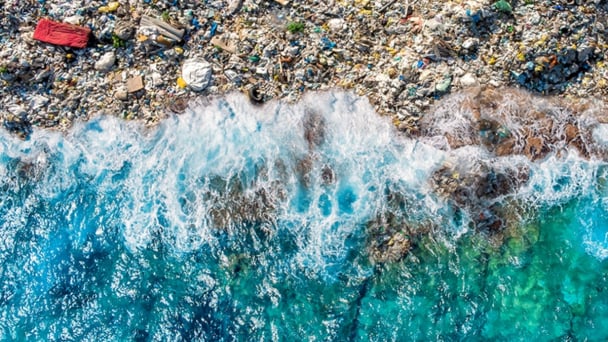
(VAN) World Environment Day 2025 is launched by the United Nations Environment Programme (UNEP) with the theme 'Beat Plastic Pollution'.
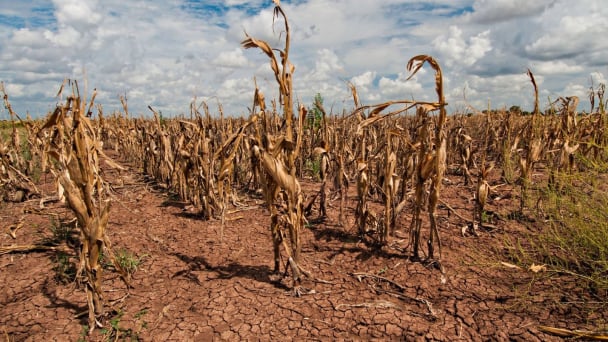
(VAN) As climate whiplash reshapes yields, experts say data-driven tools and targeted relief are critical to feed America.
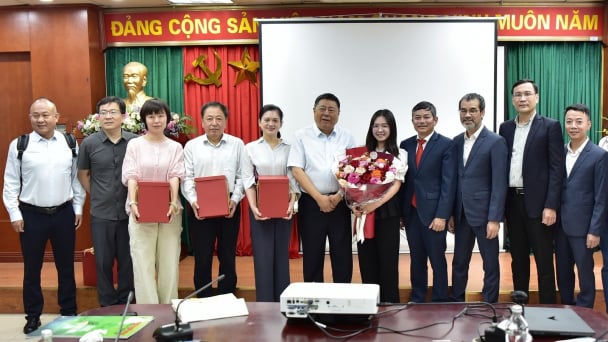
(VAN) The alignment in goals and operational direction between the Vietnam Agriculture and Nature Newspaper and Shaanxi Daily opens up promising prospects for journalism and media cooperation.
/2025/05/26/3422-3-102748_432.jpg)
(VAN) Prime Minister Pham Minh Chinh has been honored as the Distinguished ASEAN Leader at the ASEAN Leadership and Partnership Forum (ALPF) 2025 held in Malaysia, affirming Vietnam’s role and reputation.
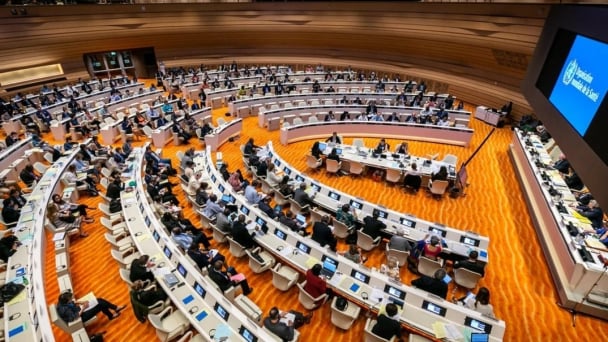
(VAN) At WHA78, with health placed at the heart of the global climate storm, Viet Nam enters a new commitment to protect communities from increasingly severe risks.
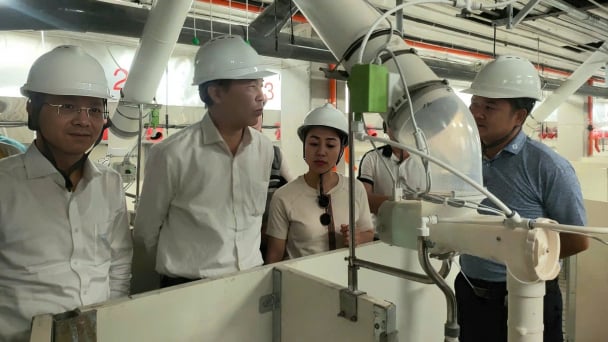
(VAN) Despite investment costs being 1.5 to 1.8 times higher than conventional methods, multi-story pig farming demonstrates outstanding effectiveness, increasing land-use efficiency by 4 to 10 times.
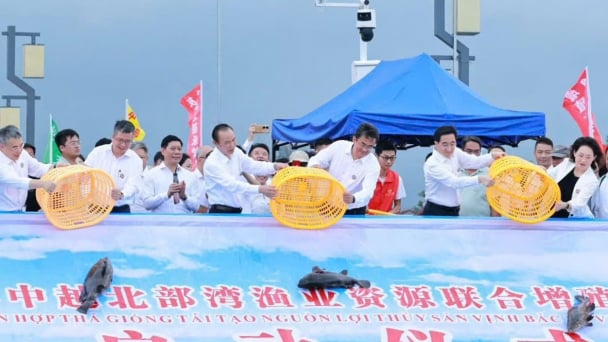
(VAN) Deputy Minister of Agriculture and Environment Phung Duc Tien leads a working delegation to participate in several key activities in China aimed at promoting agricultural and fisheries cooperation.